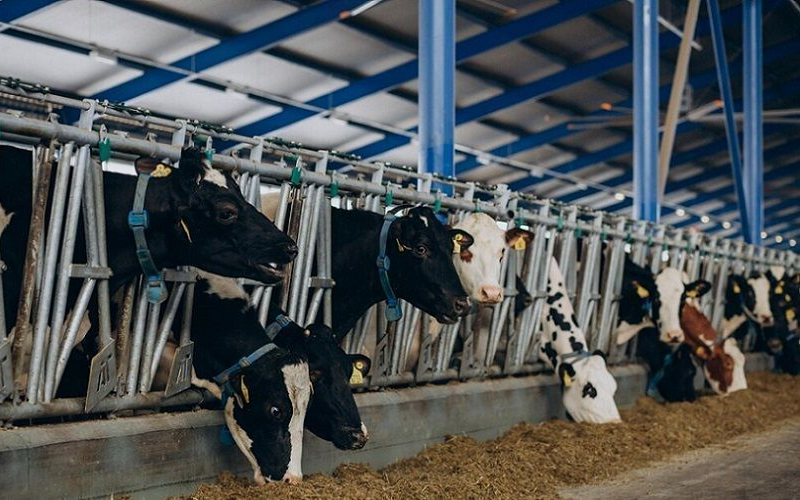Bovine Tuberculosis Threatens Dairy and Meat Export from Aguascalientes

The region of Aguascalientes is currently under threat due to the risk of bovine tuberculosis (TB), which could severely impact the health status of its cattle herds. This status is crucial for maintaining export opportunities for both milk and meat products. The presence of TB can lead to significant economic consequences, including the potential loss of international market access, particularly to the United States.
Bovine TB not only affects animal health but also has broader economic and trade implications. The disease necessitates sanitary culling, resulting in direct losses of livestock capital and reduced production of milk and meat. Additionally, it increases operational costs for farms due to the need for diagnostic testing, quarantines, and enhanced biosecurity protocols.
Maintaining a favorable sanitary status is a key competitive advantage for Aguascalientes, achieved through rigorous monitoring and traceability efforts by local authorities and associations. Any lapse in controlling bovine TB could lead to the loss of export certifications, temporarily barring access to essential international markets.
The solution to mitigating the risk of bovine TB involves reinforcing eradication campaigns and raising awareness among producers. Strict adherence to health testing schedules and investment in animal tracking infrastructure are necessary to control the movement of cattle lacking the required health certification.
The coordination between health authorities, such as the Ministry of Agriculture and Rural Development (SADER), and livestock associations is essential to maintain constant monitoring and ensure the traceability of animals. The commitment to health standards remains non-negotiable for the agro-industrial competitiveness of the region.










